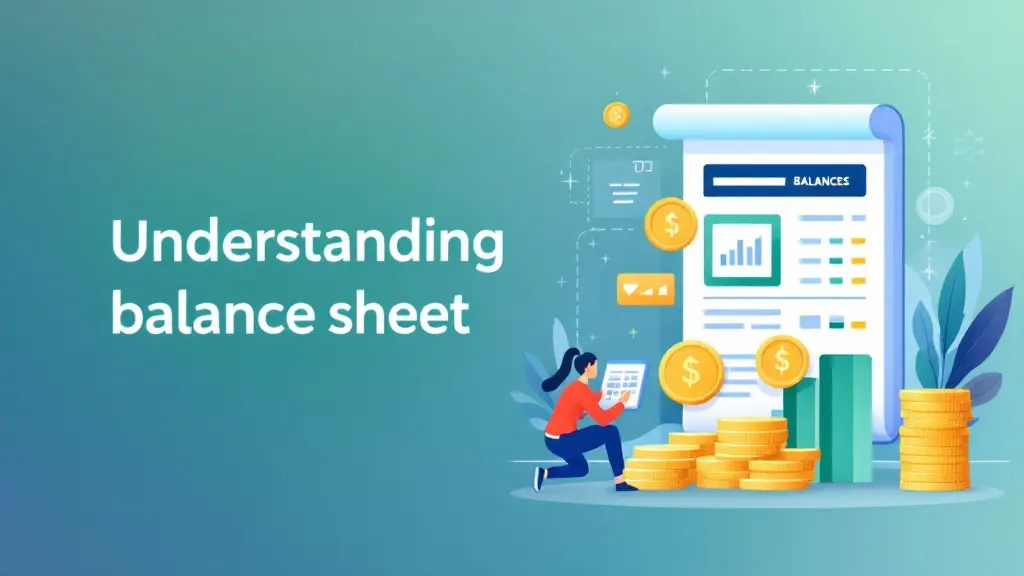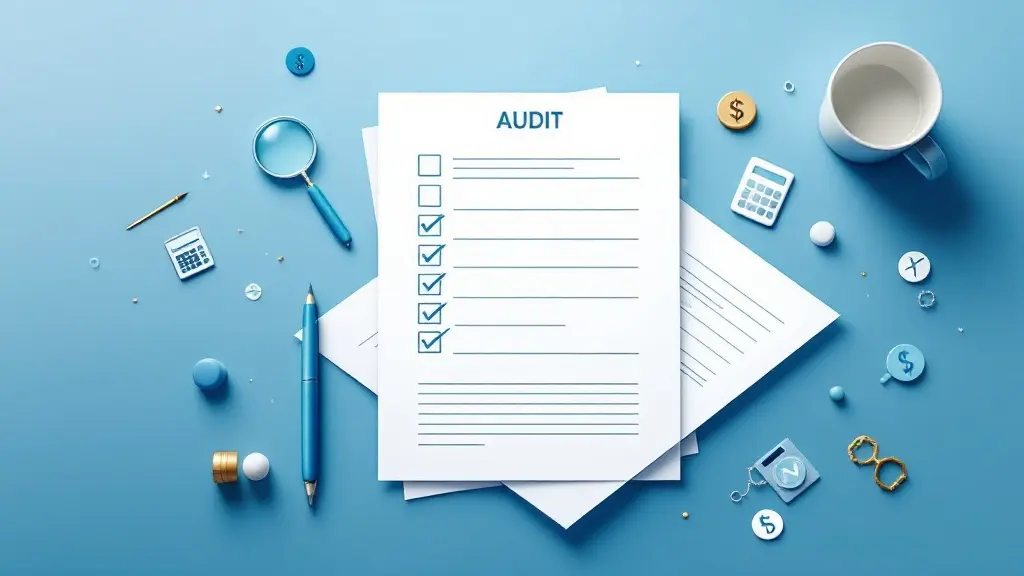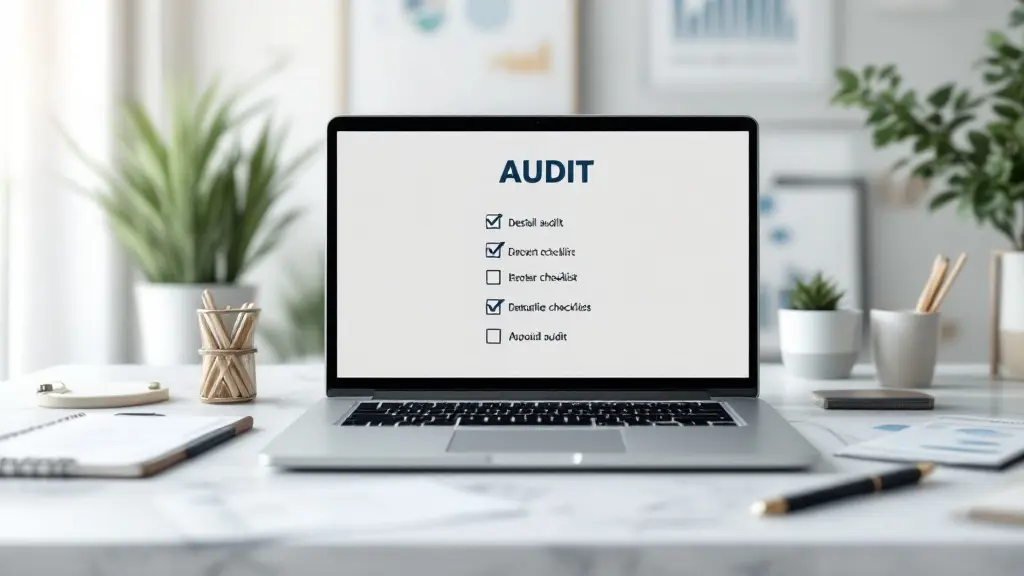Top 10 Income Tax Savings Strategies in India for 2025
Table of Contents
Most Read
[fusion_dropcap class="fusion-content-tb-dropcap"]T[/fusion_dropcap]axes. We all have to deal with them—even if we’d rather do literally anything else. But hey, saving some cash on your tax bill might just make you smile (or at least roll your eyes less).
In this guide, we’ll break down income tax savings strategies in simple language. Whether you’re a salaried employee, a freelancer juggling multiple gigs, or a small business owner trying to stay sane during tax season—we’re here to help. We’ll walk you through smart money moves, clever planning methods, and practical tips to reduce your taxable income, keep more of your hard-earned money, and stop the government from taking a bigger bite than necessary.
No boring lectures—just useful stuff. And if you’re still scratching your head, don’t worry; we’ve got you covered with a clear roadmap and even a handy inner link to more help: Accounting24.

What is Income Tax and Why Should You Care?
Before we dive into saving strategies, let’s face it: taxes are a pain, but ignoring them won’t make them go away. Income tax is what you pay from the money you earn after taking off a few allowed deductions. By lowering your taxable income, you can cut down on the tax you owe. Sounds simple, right? Well, if only life were that simple!
Here are the basics:
- Taxable Income: The money left after deducting things like bills, interest, and donations.
- Deductions vs. Credits: Deductions lower your overall income, whereas credits lower the tax you owe—like a coupon at your favorite diner.
- Marginal Tax Rate: This is the rate for the next dollar you earn. Knowing your rate helps you plan better. Sure, math isn’t everyone’s best friend, but it really is helpful when planning to save money.
Common Deductions and Credits That Help You Save
Let’s be honest; finding ways to save on your tax bill can feel like hunting for hidden treasure. Here are some easy wins:
1. Standard Deduction vs. Itemized Deductions
Every taxpayer gets to choose:
- Standard Deduction: A set amount that lowers the money you’re taxed on. It’s simple and quick.
- Itemized Deductions: If you have lots of bills like mortgage interest, property taxes, or big medical bills, it may pay off to list these out instead of taking the standard amount.
If your itemized list is longer than the standard amount, go for it. If not, stick with the standard deduction. Not too complicated, right?
2. Tax Credits: The Real Money Savers
Tax credits work like a discount on your tax bill, cutting it straight down:
- Earned Income Tax Credit (EITC): For those who earn a modest amount—think of it as a tax pat on the back.
- Child Tax Credit: If you have kids, here’s some help to keep more cash in your pocket.
- Education Credits: If you’re hitting the books, these credits can help lower the cost of learning. Yes, even studying can save you money!
3. Deductible Expenses: Keep Your Receipts
Every expense that fits the IRS rules can help cut your taxable income:
- Medical and Dental Bills: Only the part that is above a certain amount can be saved, so keep track of every penny (we know, it’s a hassle).
- Home Mortgage Interest: This is one of the big ones if you own a home. Saving money on interest is a win.
- State and Local Taxes: They might not be as big as you hoped, but they do play a part.
- Charity Donations: Even if you’re not feeling very charitable, these donations can help lower your tax burden.
Being organized with your receipts can seem like a chore, but trust us: it’s better than letting the IRS decide you owe more money.
Let’s get into some practical income tax savings strategies that actually make a difference—real-world tips to reduce your tax load, grow your wealth, and stop the government from nibbling away your paycheck.

Smart Moves to Plan Your Taxes Ahead of Time
Waiting until tax season to scramble is like deciding to clean your house only when your friends are coming over—too late, and very stressful. Here are some proactive strategies to get ahead of the game:
1. Adjust Your Withholding
Take a good, hard look at your paycheck. If too much tax is being taken, tweak your W-4 form with your boss. Life happens—getting married, having kids, or even a big raise can change your tax game. If you’re not making adjustments, you might end up getting a lump sum back—or worse, a surprise bill.
2. Set Up Tax-Advantaged Accounts
There are special accounts that not only help you plan for the future but also lower your taxable income:
- 401(k) and Traditional IRA: These let you pay taxes later, not now. Deducting your contributions can keep more cash in your hands today.
- Health Savings Accounts (HSAs): If you have a high-deductible health plan, an HSA is like a double-dipper: tax deductions now and tax-free money for health expenses later.
- Flexible Spending Accounts (FSAs): Use pre-tax dollars for your out-of-pocket health or child care expenses. It’s like getting a discount on bills you already plan to pay.
3. Timing is Everything: Income and Expenses
Sometimes, you can control when you earn money or pay expenses, and that can make a real difference:
- Accelerate Deductions: If you know that your expenses could bump you above the standard deduction line, pay them off before the year ends.
- Defer Income: Got a bonus coming your way? If it makes sense, postpone receiving it to a year when you might be in a lower tax bracket. Smart planning can save you some dough.
4. Bunching Your Deductions
This is a fancy way of saying: “Pay all your bills in one go” to max out your deductions in a single year. For instance, if you’ve been thinking about donating to charity, do it all at once. It might look silly, but it’s a neat trick to lower your taxable income.
Retirement Planning: Save for Later and Save on Taxes Today
Nobody really looks forward to retirement planning until it’s too late. But here’s a not-so-shocking truth: planning now can save you a lot of tax trouble later.
1. Traditional vs. Roth Accounts: The Big Choice
- Traditional Accounts: Put money in now and pay taxes when you take it out later. If you think you’ll be earning less in retirement, this option is great.
- Roth Accounts: Pay taxes now, and then enjoy tax-free money when you retire. If you think your income might go up or taxes might be higher later, this is the smarter choice.
2. Don’t Miss the Employer Match
If your company offers a 401(k) with matching funds, make sure you put enough in to get the full match. That’s free money, plain and simple. Who really turns down free cash?
3. Long-Term Investments
Hold on to your investments for a while to enjoy lower tax rates on long-term gains. Sure, the markets can be as unpredictable as your next cup of coffee, but a long-term strategy can pay off.
Special Tips for Small Business Owners
For you small business owners and self-employed folks reading this: your tax world is a bit messier, but you can still save big if you follow these tips.
1. Business Expenses Are Your Friends
Every cost that helps keep your business running is potentially deductible:
- Office Supplies: Computers, printers, even that fancy coffee maker can count (if it helps you work, of course).
- Travel and Meals: Keep your receipts. If you’re on a business trip or grabbing a bite during a meeting, those costs might be deductible.
- Home Office: If you work from home, claim the space you use. Just make sure it’s really used only for work, not for binge-watching TV shows.
- Vehicle Costs: Track your miles if you use your car for business. It’s not glamorous, but it helps.
2. Retirement Plans for the Self-Employed
There are special plans for folks like you who run your own show:
- SEP IRAs and Solo 401(k)s: Both offer nice tax breaks and help you save for the future. It’s a win-win if you can afford to put something aside.
3. Stay on Top of Quarterly Tax Payments
Unlike regular employees, you’re in charge of paying your taxes every few months. Miss a payment, and the IRS might come knocking. Keep it simple and mark your calendar—your future self will thank you.
4. Think About Incorporating
Sometimes, setting up your business as a company can save you money in the long run by cutting down on self-employment taxes and opening up new deductions. It might sound boring, but if it saves you money, why not?
Keep Your Records (Yes, Even the Boring Stuff)
We know, record-keeping sounds about as fun as watching paint dry. But if you don’t keep track of your receipts and documents, you’re asking for trouble when tax time rolls around. Here are some tips to keep it simple:
- Go Digital: Use apps or software to keep your records tidy and easy to search.
- Save Receipts: Whether in a drawer or on your computer, keep a file for expenses.
- Update Regularly: Don’t leave it all until December. A quick monthly check can save you endless stress later.
- Ask for Help: If all this feels like too much, check out more useful tips and tools at Accounting24. They really know their stuff and can guide you through the maze of tax paperwork.
Technology: Your Best Friend at Tax Time
Let’s not kid ourselves—tech can make the tax ordeal a bit less painful. Think of these tools as your secret weapons:
- Tax Software: Programs like TurboTax, H&R Block, and TaxAct simplify your filing by guiding you step-by-step. It’s like having a mini accountant in your laptop, minus the awkward small talk.
- Mobile Apps: There are loads of apps that let you scan and store receipts as you go. You spend money, you snap a photo—easy.
- Online Planners and Cloud Storage: Keep everything safe in the cloud so you never have to worry about losing an important document. It’s modern life at its best.
Some FAQs to Wrap Your Head Around It All
Q: What’s the difference between a deduction and a credit?
A: A deduction lowers the amount of income that gets taxed, while a credit cuts the tax you owe directly. Simple as that—almost like comparing a coupon to a discount sale.
Q: Should I itemize my deductions or take the standard deduction?
A: If your itemized list is more than the standard deduction, itemizing is the way to go. If not, stick with the standard option. Either way, don’t overthink it.
Q: How can I tell if bunching deductions is a good idea?
A: Bunching means concentrating your expenses in one year to save more on your taxes. It can be smart if you have many expenses that don’t always add up to much when spread out. Just plan it out so you don’t end up with a big math headache.
Q: What if my tax situation changes during the year?
A: Update your tax forms and check in with a professional if needed. Life changes—so should your tax strategy. It’s like changing your route when you hit traffic; it just makes sense.
Final Thoughts on Income Tax Savings Strategies (and a Reality Check)
So, here we are. Taxes might never be fun—but using smart income tax savings strategies can make the whole process a little less painful, but if you play your cards right, you can keep more of your hard-earned cash instead of handing it over to the tax man. Whether you’re an employee, a small business owner, or somewhere in between, a little planning goes a long way. And remember, you don’t have to go it alone—help is a click away.
Ready to save some cash on your taxes?
Stop procrastinating and get your tax game on point now. Check out more simple tips and expert advice over at Accounting24. Trust us, if you can handle paying bills and keeping receipts, you can handle this too. Go on, give it a try—it might just change your year!
In a Nutshell
- Learn the Basics: Understand what taxable income is and the difference between deductions and credits.
- Keep It Simple: Use straightforward strategies like adjusting withholding, contributing to tax-friendly accounts, and timing your expenses.
- Stay Organized: Good record-keeping isn’t sexy, but it saves you a lot of hassle later.
- Plan Ahead: Don’t wait until tax time to worry about it. Spread out your work and keep tabs on everything year-round.
- Use Technology: Tools and apps can simplify your life, so lean on them.
- Get Help If You Need It: Sometimes, even the smartest people need a little guidance. Visit Accounting24 for more help and tips.
The Ironic Truth
Let’s face it: no one wakes up excited about taxes. It’s the one part of the year that can make even the most organized person want to hide under the covers. But here’s the kicker—if you’ve done your homework and followed these simple, no-nonsense tips, you might actually enjoy the extra money in your pocket. Who knew dealing with taxes could feel so… rewarding?
So, if you’re tired of the same old boring tax talk and ready to take real action, start today. Grab your receipts, fire up your computer, and do something about your tax bill before it bites you in the wallet. It’s time to turn a dreaded task into a smart move that lets you keep more of your money.
Don’t just sit there—take control of your taxes and, by extension, your financial future. Visit Accounting24 for more clear, practical advice that doesn’t make you feel like you’re reading a textbook. After all, saving money should come with a side of fun (or at least a smirk at the absurdity of it all).
Remember, being smart with your money isn’t rocket science, and it sure isn’t meant to be boring. With a few simple steps and a good dose of common sense, you can beat the tax blues. Here’s to fewer headaches, more savings, and a little extra cash in your pocket. Now, go show those taxes who’s boss!









